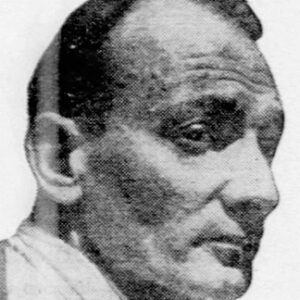 Mark Shank Execution Story
Mark Shank Execution Story
Race and Ethnicity: White
 Mark Shank Execution Story
Mark Shank Execution Story
Shank, Mark H. (Execution of)
Shannon, Henry Karr
 Peggy Shannon
Peggy Shannon
 Peggy Shannon
Peggy Shannon
Shannon, Robert Fudge
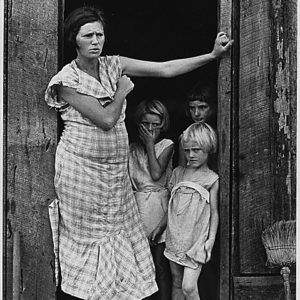 Sharecropper Family
Sharecropper Family
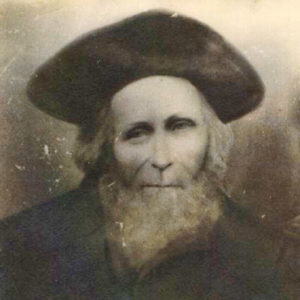 Ephraim Sharp
Ephraim Sharp
Sharp, Ephraim
Sharp, Ephraim [of Fulton County]
Sharp, William (Murder of)
Sharp, Willous Floyd
Shaver, Dorothy
 Dorothy Shaver
Dorothy Shaver
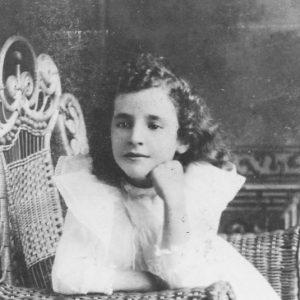 Dorothy Shaver
Dorothy Shaver
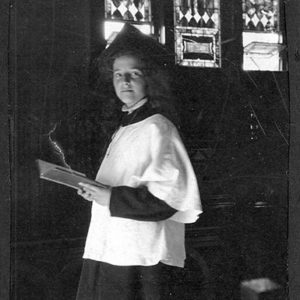 Young Dorothy Shaver
Young Dorothy Shaver
 Dorothy and Elsie Shaver
Dorothy and Elsie Shaver
Shaver, James Levesque
Shaver, James Levesque Jr.
Shaver, Richard Sharpe
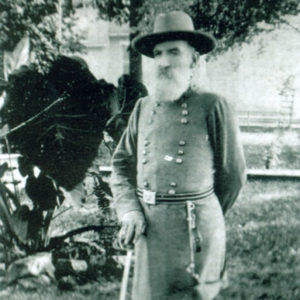 Robert Shaver
Robert Shaver
Shaver, Robert Glenn
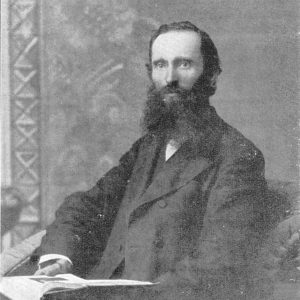 James F. Shaw
James F. Shaw
Sheehan, James Murray
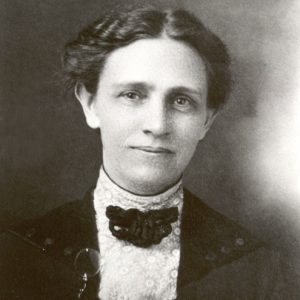 Elliot Sheeks
Elliot Sheeks
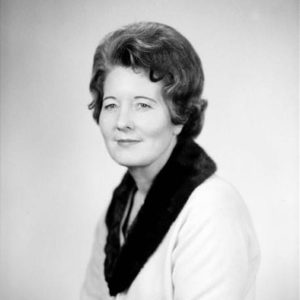 Vada Sheid
Vada Sheid
Sheid, Vada Webb
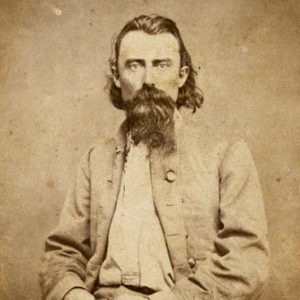 Joseph Shelby
Joseph Shelby
Shelby, Joseph Orville
aka: Jo Shelby
aka: J. O. Shelby
aka: Joseph O. Shelby
Shelton, Louie
 Louie Shelton
Louie Shelton
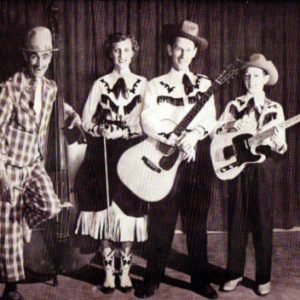 Louie Shelton with the Dixie Mountaineers
Louie Shelton with the Dixie Mountaineers
 Louie Shelton with Seals and Crofts
Louie Shelton with Seals and Crofts
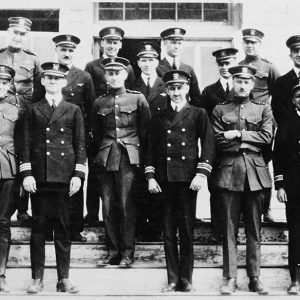 Shenandoah Crew
Shenandoah Crew
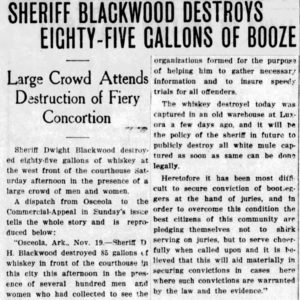 Sheriff Destroys Booze
Sheriff Destroys Booze
Sherman, Harold Morrow
Sherman, Jerome Kalman
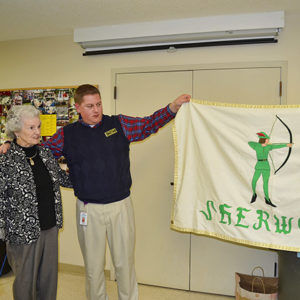 Sherwood City Flag
Sherwood City Flag
Shibley, Jesse Lee “Arkie”
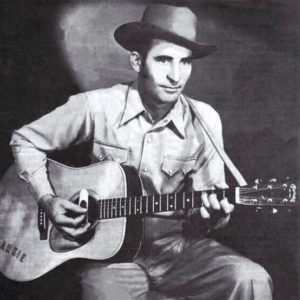 “Arkie” Shibley
“Arkie” Shibley
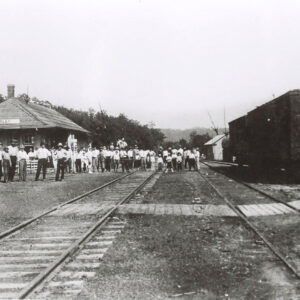 Shirley Depot
Shirley Depot
Shivery, George (Lynching of)
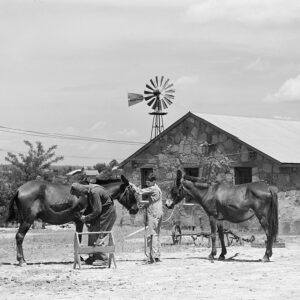 Shoeing Mules
Shoeing Mules
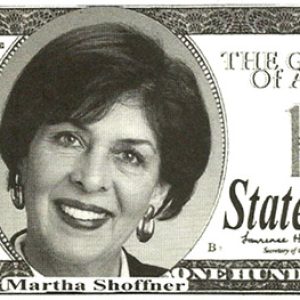 Shoffner Campaign
Shoffner Campaign
Shoffner, Martha
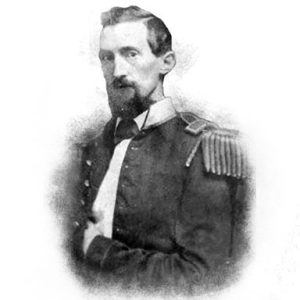 Francis A. Shoup
Francis A. Shoup
Shoup, Francis Asbury
Shrader, Gustave Joseph
Shreve, Henry Miller
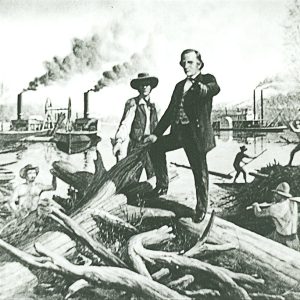 Henry Shreve
Henry Shreve




